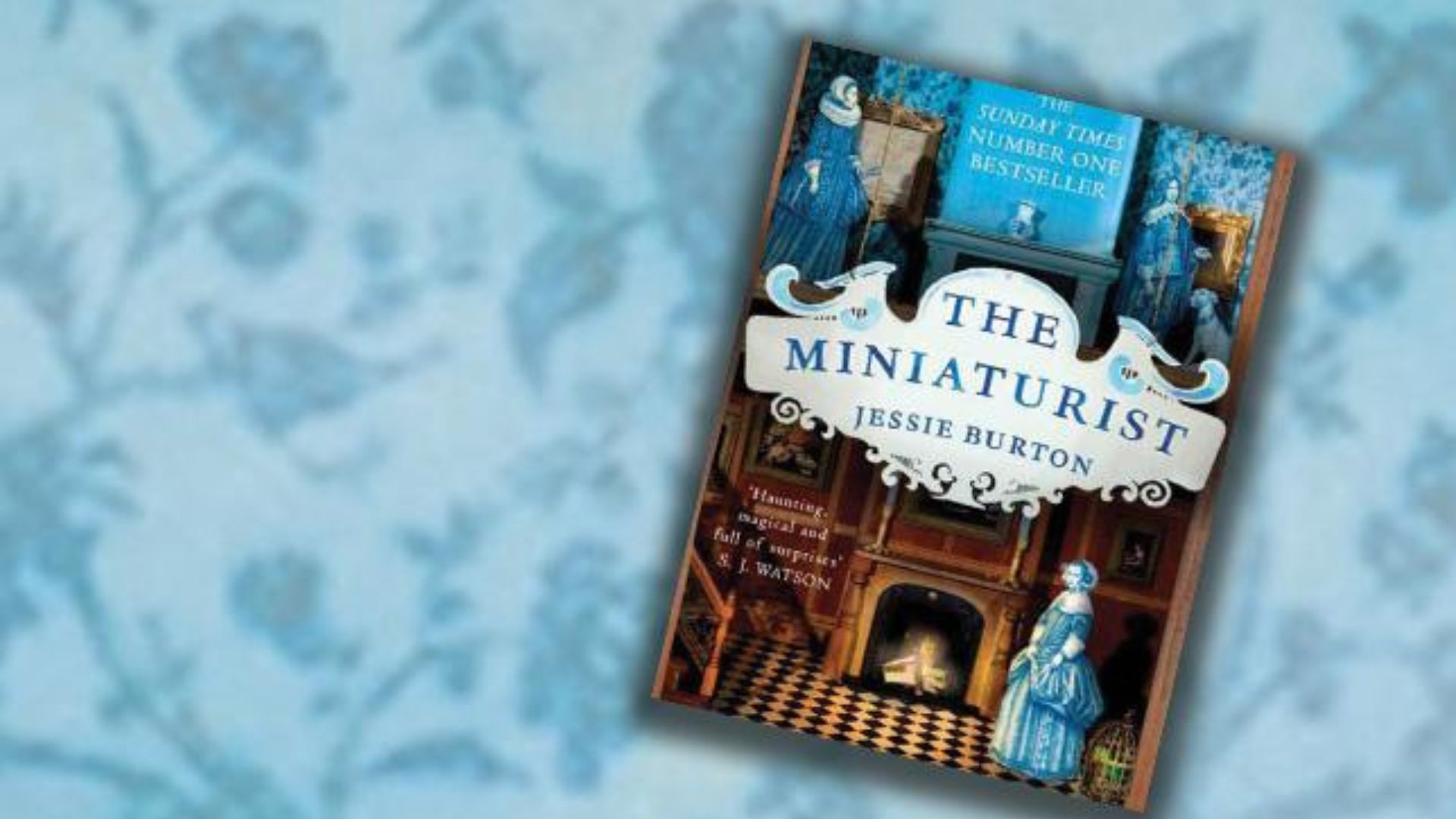Themes that spark great book club discussions are often those that challenge readers to think deeply about the world around them. A compelling theme engages readers, encouraging them to share personal insights, raise questions, and even debate different viewpoints. In this post, we will explore several key themes that consistently lead to vibrant, thought-provoking discussions in book clubs.

Social Justice and Equality
Social justice and equality are timeless themes that resonate with many readers. Books that explore issues of race, gender, class, and human rights tend to ignite passionate discussions. For example, novels like To Kill a Mockingbird by Harper Lee or The Hate U Give by Angie Thomas delve into themes of racial inequality and social justice, prompting readers to reflect on real-world issues.
These discussions often lead to a deeper understanding of the challenges marginalized communities face. Members of the book club may share their own experiences, relate them to the book’s themes, and discuss potential solutions. Social justice themes tend to be rich in conflict and emotional depth, which makes them perfect for long, meaningful conversations.
Identity and Self-Discovery
Themes of identity and self-discovery can also spark rich book club discussions. Books that explore characters’ personal growth, struggles with identity, or self-acceptance offer ample material for conversation. The Catcher in the Rye by J.D. Salinger, for example, touches on themes of alienation and the quest for self-understanding, leading readers to reflect on their own identities.
When discussing these themes, book club members can connect the characters’ journeys to their own life experiences. Whether it’s a coming-of-age story or an exploration of an adult character’s midlife crisis, books focused on self-discovery invite readers to consider how identity is shaped by both internal and external factors.
Love and Relationships
Love and relationships are universal themes that most people can relate to, making them ideal for book club discussions. From romantic love to familial bonds, books that explore the complexities of relationships often spark lively debates. Pride and Prejudice by Jane Austen and The Fault in Our Stars by John Green are just a couple of examples where themes of love, sacrifice, and emotional vulnerability come to the forefront.
These themes allow book club members to share personal stories, opinions, and advice on their own relationships. Love, in all its forms, is something that resonates with nearly everyone, making it an excellent theme for evoking personal insights and emotional connections. The dynamic nature of relationships—whether healthy or toxic—can lead to engaging, diverse conversations.
Moral Dilemmas and Ethical Questions
Books that present moral dilemmas and ethical questions often spark intense discussions in book clubs. These themes ask readers to consider what is right or wrong in complex situations, often blurring the lines between clear moral boundaries. For example, books like Crime and Punishment by Fyodor Dostoevsky or The Road by Cormac McCarthy explore deep ethical issues related to crime, punishment, survival, and personal choice.
These discussions encourage members to examine their values, question societal norms, and reflect on difficult decisions. Debating whether a character’s actions were justified or what the “right” course of action would be in certain situations can lead to lively and thoughtful debates. This type of theme invites everyone to examine their own moral compasses and challenge preconceived notions.
Power and Corruption
The theme of power and corruption often leads to engaging discussions on human nature, politics, and the impact of power on society. Books like Animal Farm by George Orwell or 1984 by the same author explore how power can corrupt individuals and shape entire societies. The exploration of power dynamics, whether in politics or personal relationships, offers a fertile ground for discussion in a book club setting.
These themes prompt readers to consider the structures of power in their own lives and societies. They invite readers to reflect on whether power inevitably leads to corruption or if there are ways to prevent it. Power and corruption as a theme often lead to debates on current political climates, historical events, and how power manifests in modern society.
Conclusion
In conclusion, themes that spark great book club discussions are often those that resonate with readers on a personal level. Social justice, identity, love, moral dilemmas, and power are all themes that can generate deep, engaging conversations. When selecting books for your book club, think about which themes will connect with your group and inspire reflection. Choose books that not only entertain but also challenge your members to think critically and share their perspectives. This ensures that your book club remains dynamic, thoughtful, and full of rich conversations.










